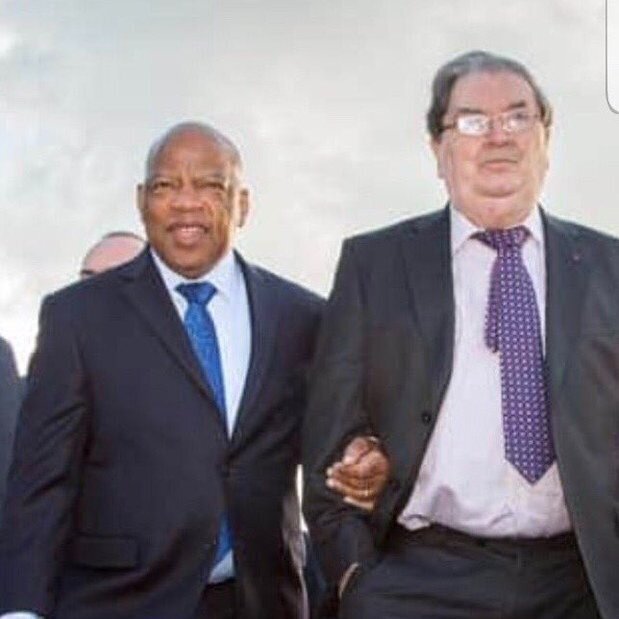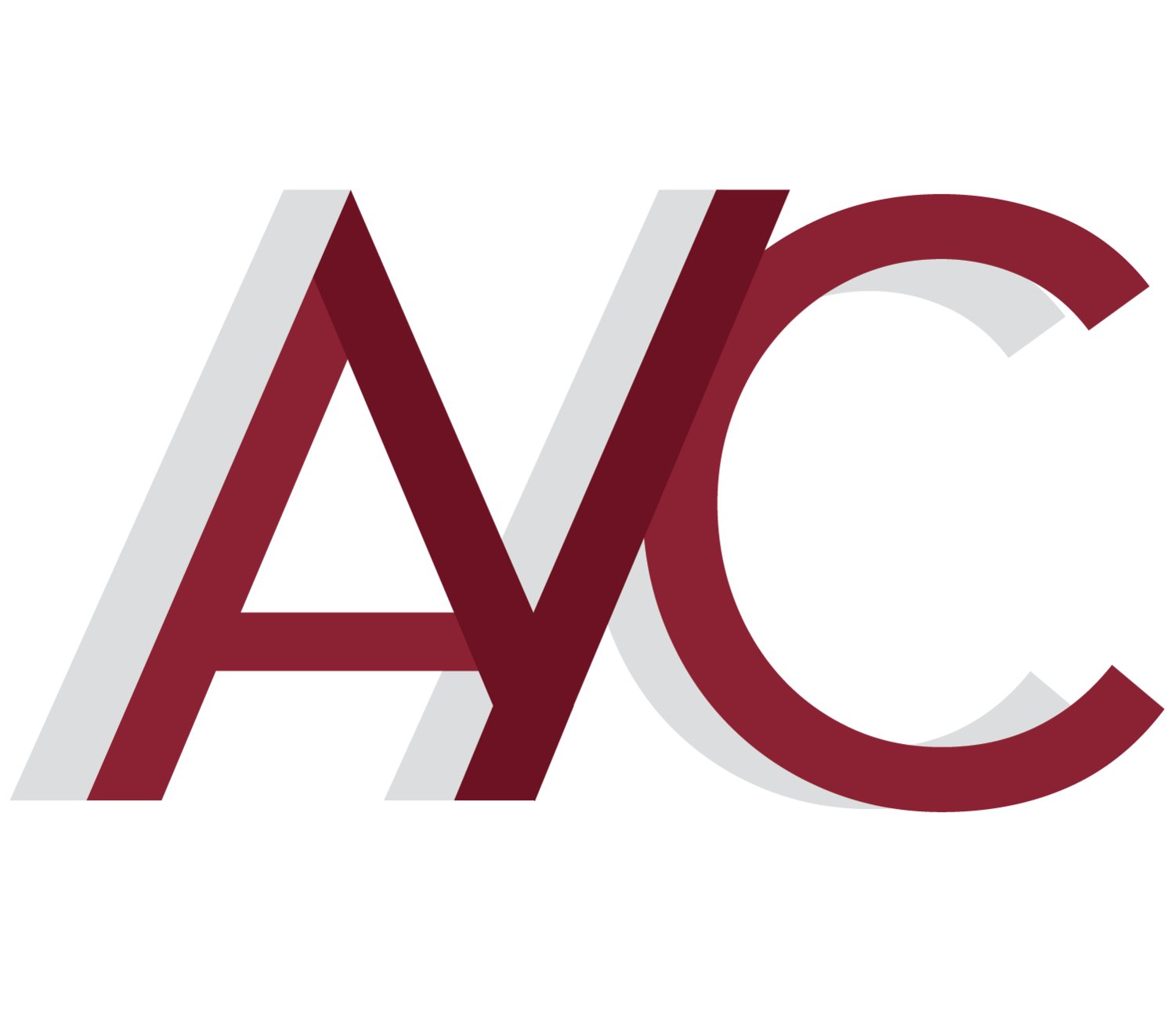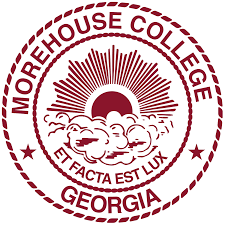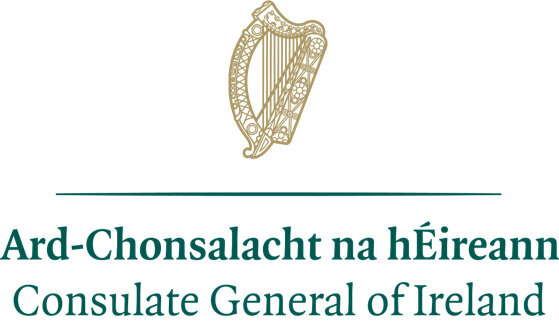Overview
The John Lewis-John Hume Symposium is a series of panel discussions organized by the African American Irish Diaspora Network that will highlight the parallels of the civil rights and social justice movements in the United States and Ireland. The Symposium will seek to draw inspiration and guidance from those movements to inspire and guide current and future movements working to achieve equality and social justice for all in America, Ireland and globally.
The Symposium will be conducted by the African American Irish Diaspora Network in partnership with the Institute for Study Abroad Ireland. The first panel in the series will be a virtual event on October 19, 2021, led by The Andrew Young Center for for Global Leadership at Morehouse College and the Consulate of Ireland in Atlanta. Other sessions will be announced soon.
The Symposium is a critical component of the civil rights and social justice platform being developed by the African American IrishDiaspora Network. It will build on the foundational course of study that AAIDN is developing with the Institute for Study Abroad Ireland for college students to introduce them to the parallel civil rights movements. That course is an online certificate offering that will be initiated in the spring of 2022 in collaboration with Morehouse College, and made available to colleges and universities throughout the United States. The Symposium will be an advanced discussion series meant to outline future policy actions and solutions to achieve the goals of universal human equity and economic empowerment. It will also complement the annual Douglass-O’Connell Awards Program being launched by AAIDN that will recognize individuals who make significant contributions to the global movement to achieve civil rights and social justice.
Panel Info
The panels will feature speakers who bring a variety of insights, experience, history, and scholarship related to the civil rights and social justice movements. It is envisioned that speakers will include those such as, but not limited to:
• Black and Irish political leaders
• Leading civil rights leaders, activists and advocates
• Current leaders of social movements
• Noted scholars in history, politics and social justice
• University students
• Writers and journalists
Each panel will be focused on a specific theme such as social justice and civil rights, antiracism, diversity and inclusion, immigration reform, political action, community building, women’s empowerment, African American - Irish partnering and others. Outreach efforts will be structured to ensure that audience participation in the Symposium will include students of the Host Sponsor Universities and members of other sponsoring organizations, as well as the general public in the United States and Ireland. Targeted efforts will be made to engage significant participation of African Americans and Irish Americans. Collaboration will be sought from organizations such as the National Urban League, the NAACP, the Congressional Black Caucus, Irish Networks, and others. The Symposium will be marketed in a manner to achieve a broad audience reach, with the intent to stimulate a new level of discourse and action toward the achievement of a more inclusive and equitable world for all of humanity.
History
The history of the parallel movements for civil rights and social justice in Ireland and the United States has deep roots. Ireland was the home to some of the most ardent advocates for the abolition of the enslavement of people of African descent dating back to the late 18th century. Black abolitionists, beginning with Olaudah Equiano in the 1790s, found support not only for the abolitionist movement, but also protection of their freedom and a welcoming society in Ireland. Many others followed him, with the most well-known being Frederick Douglass, who found inspiration in the spirited and eloquent advocacy for the abolition and equality of all people from “The Liberator “Daniel O’Connell
More than century later, John Hume was inspired by Rev. Martin Luther King, Jr. and John Lewis in the fight for civil rights in Northern Ireland that paved the way for the development of the Good Friday Agreement, which finally brought an end to The Troubles in Northern Ireland. Throughout the rest of their lives, John Lewis and John Hume, both of whom passed away within weeks of each other in the summer of 2020, supported each other in their mutual quest for freedom and equality for all people. Today, it is the Black Lives Matter movement in America and an increasingly diverse society in Ireland that inspire the raising of the world’s consciousness for achieving equality and social justice for all of humanity.
Outtakes
The objective of the Symposium is to stimulate public discussion about social justice and civil rights issues globally. Founded on the history of the parallel social justice and civil rights movements in the United States and Ireland as a point of departure, the colloquium is intended to provide a framework for exploring solutions to human rights and economic empowerment challenges that still plague our societies today. Moreover, it is intended that this framework will lead directly to an Action Plan that will implement first step solutions to address some of the issues presented in the Symposium
Action Plan
The Action Plan will include implementation of the following programs:
Student Exchanges
The exchanges will be coordinated around a curriculum to provide local historical context, meetings with local leaders, community groups and government leaders. The objective of the exchanges will be for the students to learn about diverse cultures and issues they are facing, and to explore with leaders the solutions that are planned or that could be implemented. Upon returning home, the students will put together an analysis of what they discovered and recommend and propose, as a team, possible solutions and strategies to address issues that they identified. They will then have the opportunity to meet with appropriate leaders to discuss their proposals and explore means for implementation.
International Apprenticeship Exchanges
This apprenticeship program will work with companies to establish exchange programs for employees in their first two years of work to apprentice in a different country. By experience the customs and practices in the work environment, and socially, of a different culture, the employee will gain new insights into different approaches to problem solving, leadership and social norms that should broaden their understanding of operating in an environment of diversity and inclusion.
Entrepreneurship Development
In order to further stimulate an entrepreneurial culture amongst disenfranchised communities, an entrepreneurship training and development program will be put in place that will focus on less advantaged communities. It will build on initiatives already underway within organizations that are part of the Symposium Group. It will include outreach to potential founders to pursue business startups; mentorship and consulting to entrepreneurs, provided through business schools, incubators, investors, and volunteers; commercialization of research emanating from academic environments, and spinoffs of shelved corporate research; and, matching of investors, both in the US and international, with entrepreneurs from underrepresented communities.
Peace and Human Rights Innovation Prize
Each year, a grant will be provided to one person or group to develop work it has proposed that takes an innovative approach to advancing peace, human rights or economic empowerment to a disenfranchised community. The grant will be awarded through acompetitive application process to initiate a new project, or to expand or enhance an existing project or organization in an innovativenew way. Projects can be proposed that address issues that are community based or broad in scope, that are technology oriented, or that are based on achieving equity in food, housing, health and social services to disenfranchised people in targeted areas or throughsystematic or institutional innovations.







